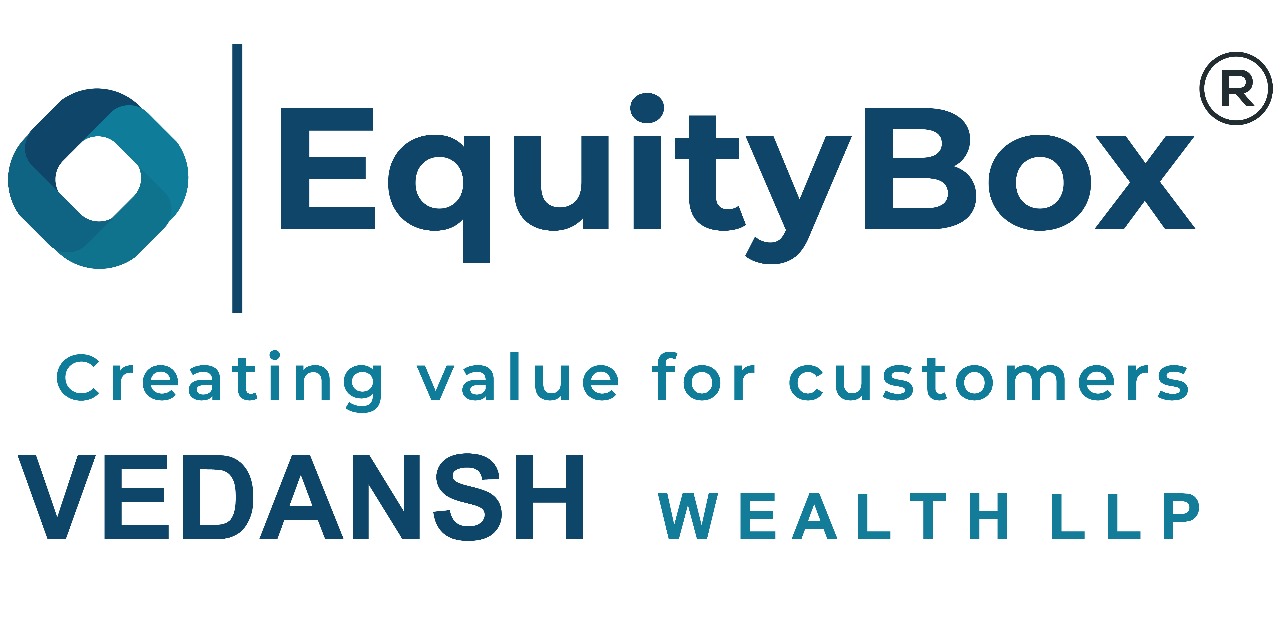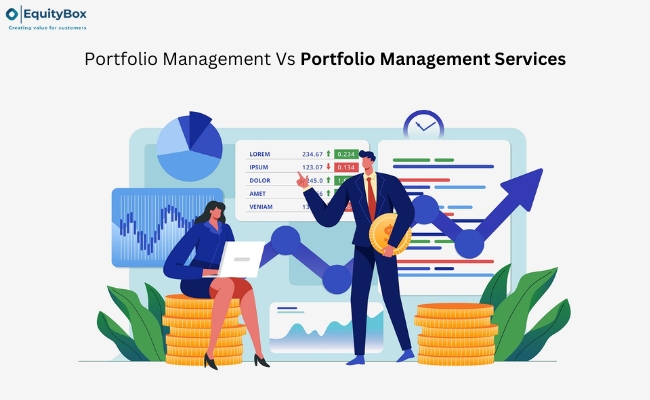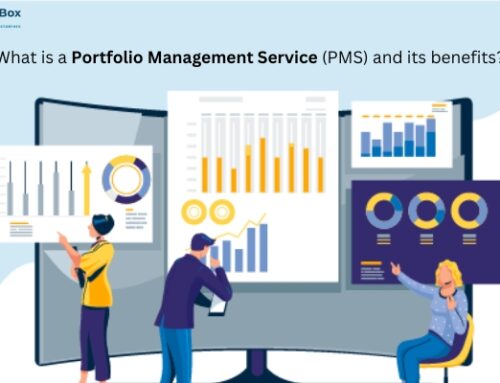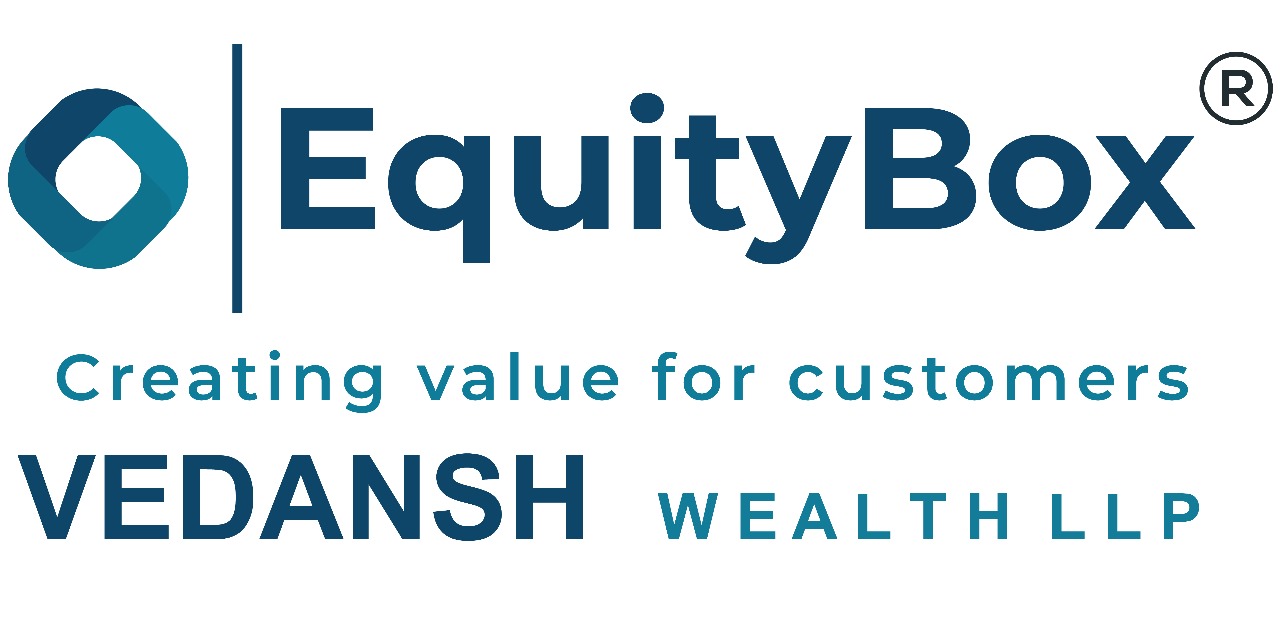In the world of finance, managing investments is a critical aspect that demands precision, strategic planning, and a deep understanding of market dynamics. Two commonly used terms in this domain are Portfolio Management and Portfolio Management Services.
While the names sound similar, they represent distinct concepts in the realm of investment management. In this comprehensive guide, we will explore the nuances of Portfolio Management and Portfolio Management Services (PMS), highlighting their differences, advantages, and the crucial role played by Portfolio Management Service Provider.
1. Portfolio Management
Portfolio Management refers to the strategic process of selecting and managing a combination of assets to achieve specific financial goals while considering the investor’s risk tolerance and time horizon. It involves the art and science of making decisions about investment mix and policy, matching investments to objectives, asset allocation, and balancing risk against performance.
Components of Portfolio Management
- Asset Allocation: This involves distributing investments among different asset classes such as stocks, bonds, and cash equivalents to achieve the desired risk-return profile.
- Diversification: The practice of spreading investments across various securities within the same asset class to reduce risk exposure.
- Risk Management: Assessing and managing the level of risk associated with the portfolio by employing various strategies and financial instruments.
- Performance Evaluation: Regularly reviewing the portfolio’s performance and making adjustments based on market conditions and financial goals.
2. Portfolio Management Services
Portfolio Management Services (PMS) represent a specialized service provided by financial institutions or professional portfolio managers to high-net-worth individuals (HNIs) and institutional investors. It involves the discretionary management of their investment portfolios, aiming to achieve superior returns while considering the client’s risk profile and financial objectives.
Key Features of Portfolio Management Services
- Personalized Investment Strategies: PMS providers tailor investment strategies according to the individual client’s risk tolerance, financial goals, and investment horizon.
- Professional Expertise: PMS providers typically employ experienced portfolio managers and financial analysts who use their expertise to make informed investment decisions.
- Discretionary Portfolio Management: PMS operates on a discretionary basis, meaning that the portfolio manager has the authority to make investment decisions without requiring the client’s approval for each transaction.
- Customized Reporting: PMS clients receive detailed reports on their portfolio’s performance, holdings, and transactions, ensuring transparency and accountability.
3. Key Differences
A. Approach to Decision-Making
- Portfolio Management: In traditional portfolio management, investors actively make decisions regarding asset allocation, security selection, and overall portfolio strategy. The investor retains control over the decision-making process.
- Portfolio Management Services: PMS involves a more hands-off approach for the client, as the portfolio manager has the authority to make investment decisions on their behalf. This discretionary management frees clients from day-to-day involvement in decision-making.
B. Client Base
- Portfolio Management: Suitable for a broad range of investors, including individual investors, institutions, and investment funds. It allows investors with varying levels of expertise to manage their portfolios based on their preferences.
- Portfolio Management Services: Primarily targeted at high-net-worth individuals and institutional investors due to the specialized nature of the service. PMS providers cater to clients seeking personalized and professional management of their substantial investment portfolios.
C. Level of Customization
- Portfolio Management: Investors have the flexibility to customize their portfolios based on their preferences, risk tolerance, and investment objectives. This allows for a more personalized approach to wealth management.
- Portfolio Management Services: PMS providers offer a high level of customization, tailoring investment strategies to meet the specific needs and goals of individual clients. The portfolio manager takes into account the client’s risk appetite, financial objectives, and preferences.
D. Regulatory Framework
- Portfolio Management: Investors managing their portfolios are subject to general market regulations and guidelines. They have the responsibility to adhere to legal and regulatory requirements governing financial markets.
- Portfolio Management Services: PMS providers operate within a regulated framework, complying with specific guidelines set by regulatory authorities. This ensures transparency, accountability, and adherence to industry standards in the management of client portfolios.
4. Importance of Choosing the Right Portfolio Management Service Provider
- Expertise and Experience: A reputable Portfolio Management Service Provider brings a wealth of expertise and experience to the table. They employ skilled professionals who analyze market trends, assess risk, and make informed investment decisions.
- Customized Solutions: Portfolio Management Service Provider emphasizes the importance of seeking a service that offers tailored solutions. Clients should look for providers who understand their unique financial goals and risk tolerance, providing a customized portfolio management approach.
- Transparency and Communication: Effective communication and transparency are crucial when partnering with a Portfolio Management Service Provider. Clients should expect regular updates, detailed reports, and clear communication regarding portfolio performance and any changes made to the investment strategy.
- Regulatory Compliance: Ensuring that the chosen Portfolio Management Service Provider operates within the regulatory framework is paramount. Clients must verify the provider’s compliance with industry regulations and guidelines to safeguard their investments.
Conclusion
In summary, while both Portfolio Management and Portfolio Management Services involve the management of investment portfolios, they cater to different investor profiles and preferences.
Portfolio Management offers a more hands-on approach, allowing investors to actively participate in decision-making, while Portfolio Management Services provide a specialized, discretionary service for high-net-worth individuals and institutional investors.
Read More: Ultimate Guide to Choosing the Right Mutual Fund Consultant






